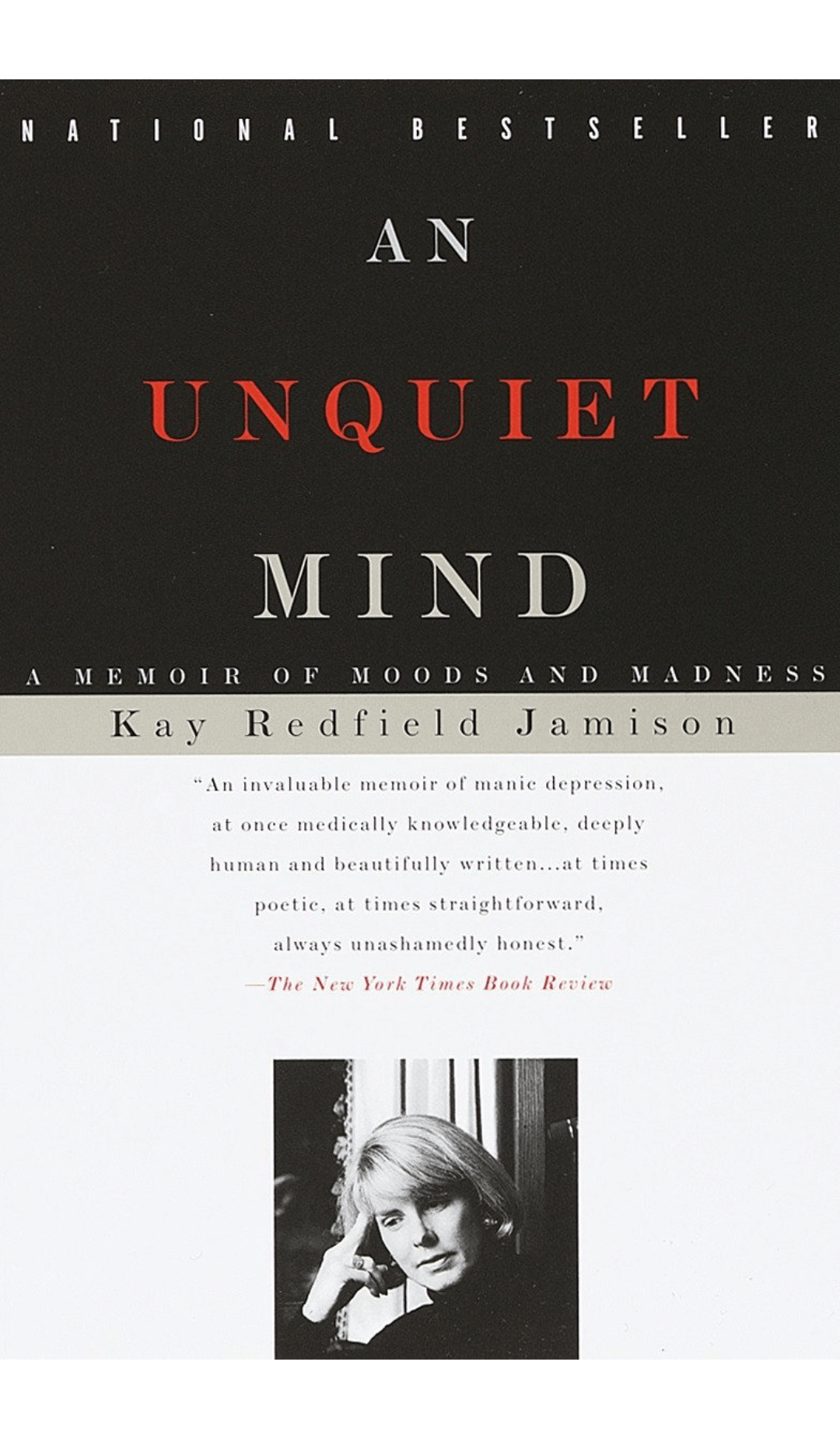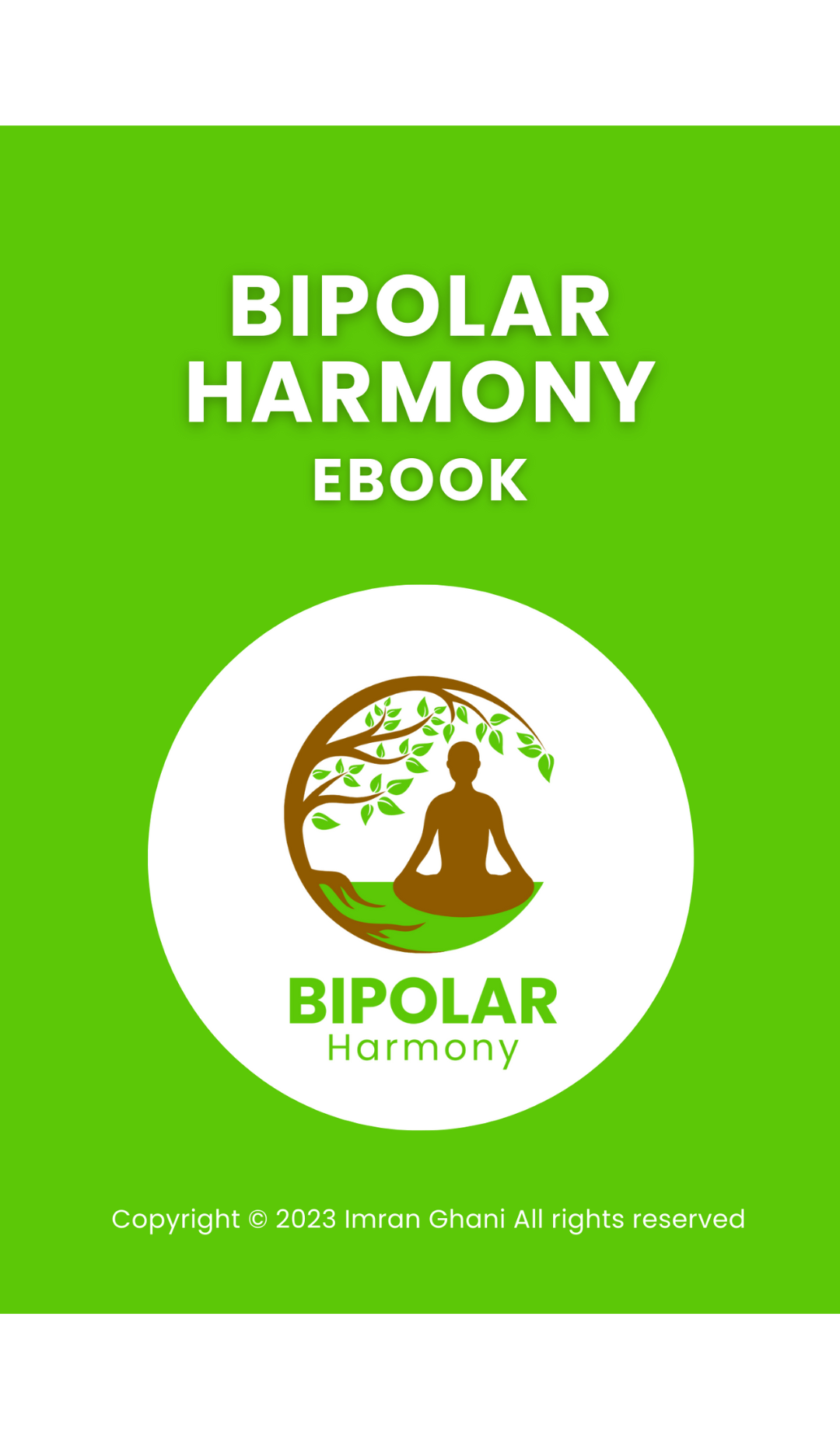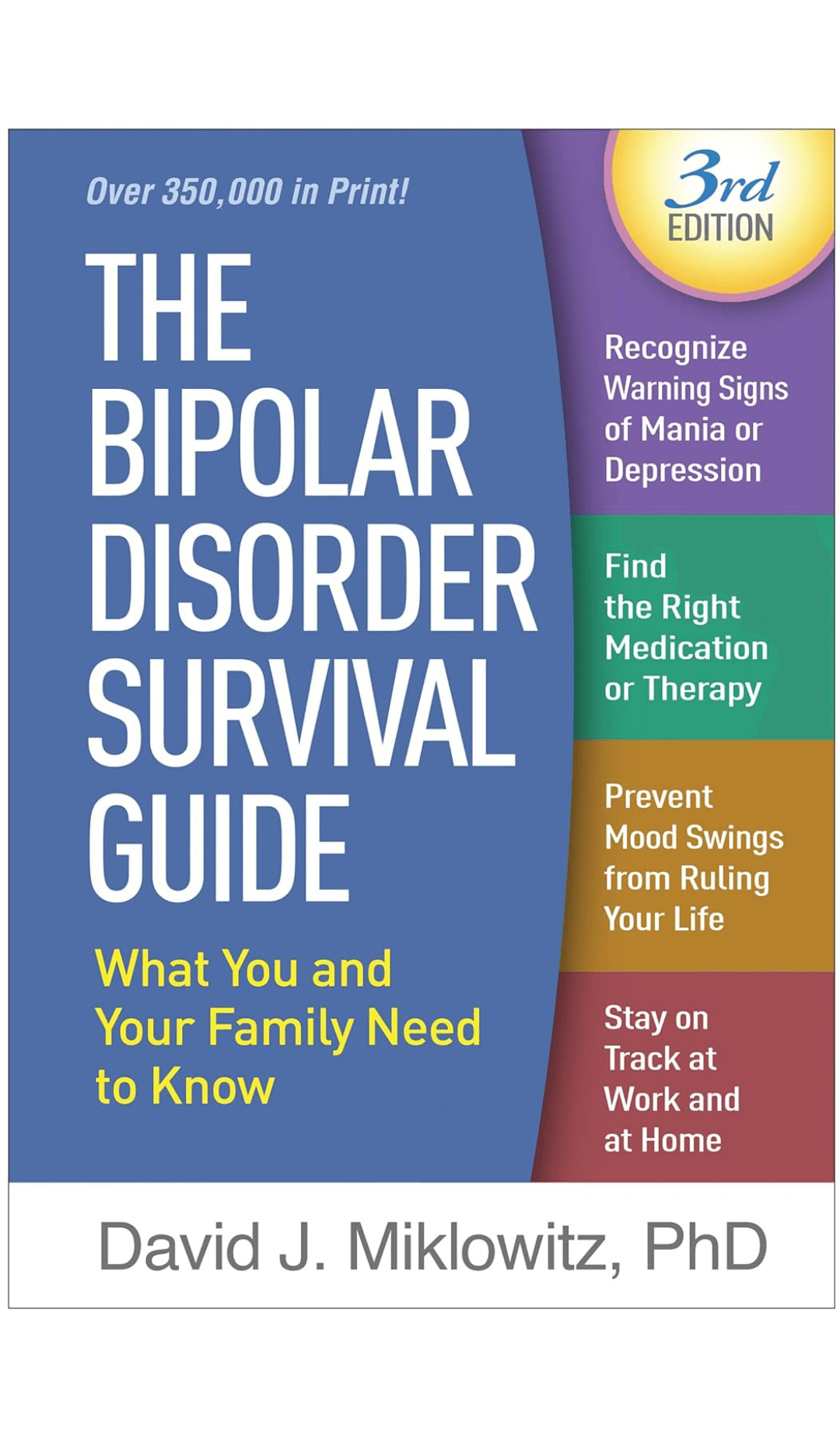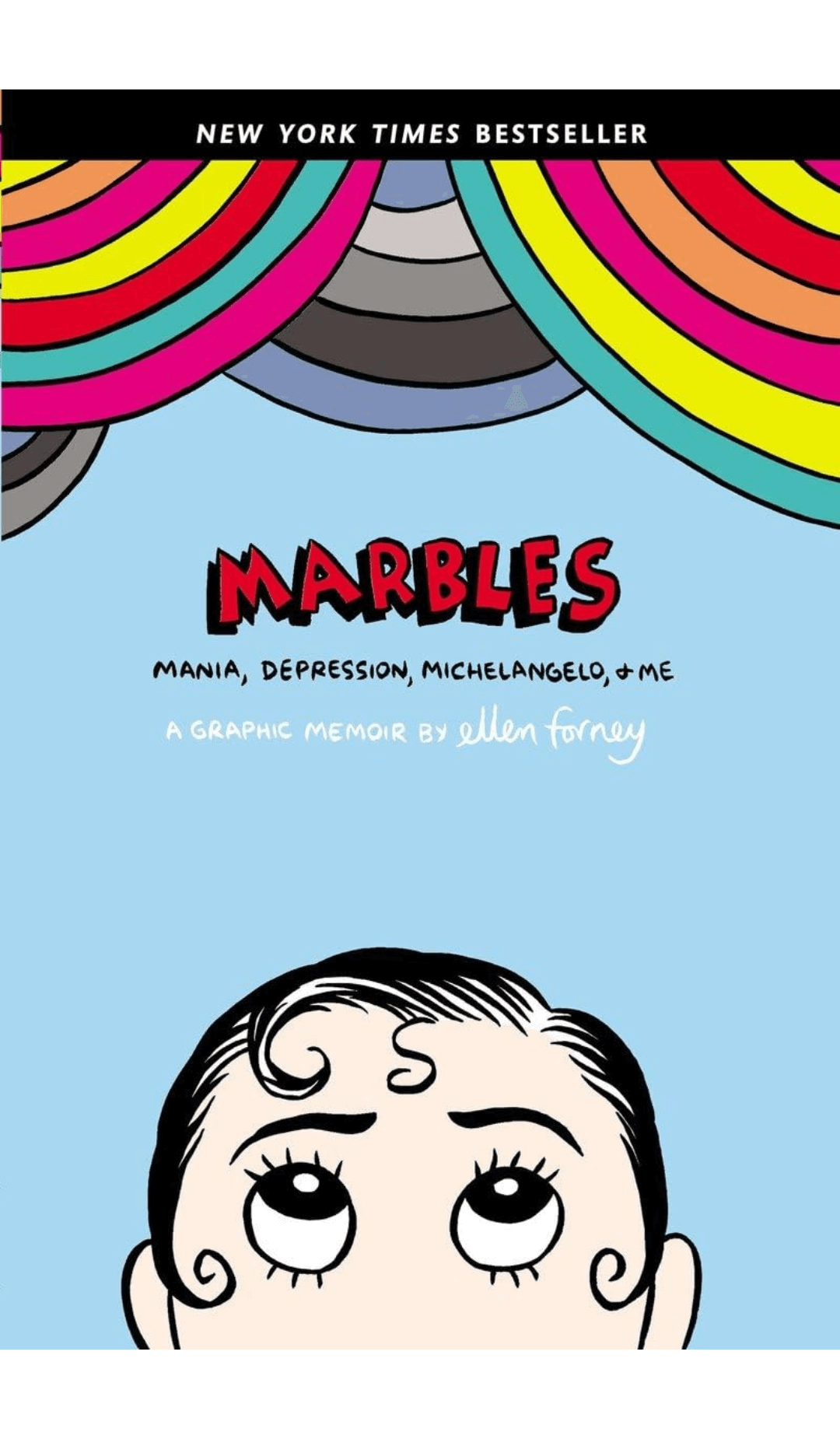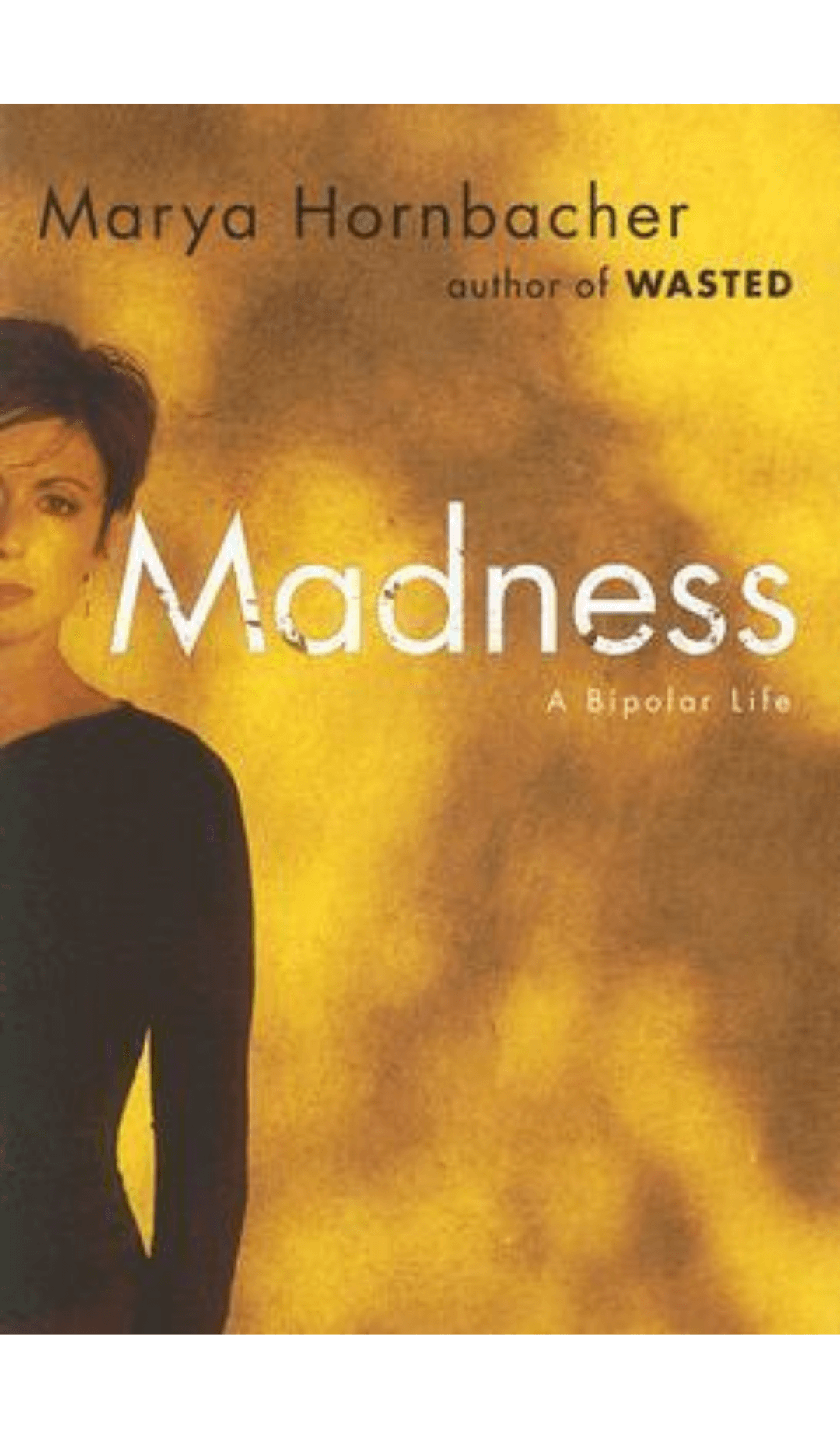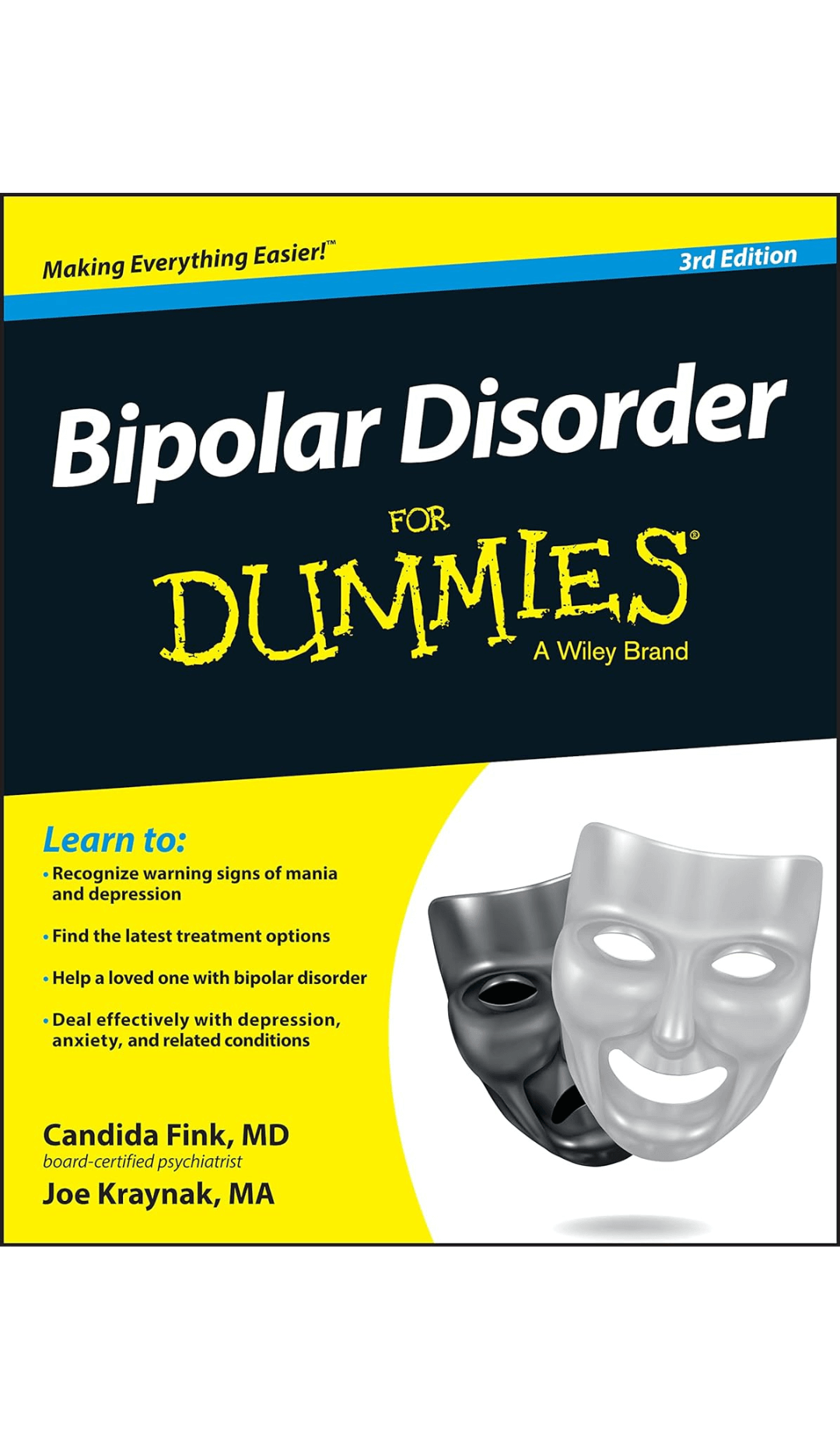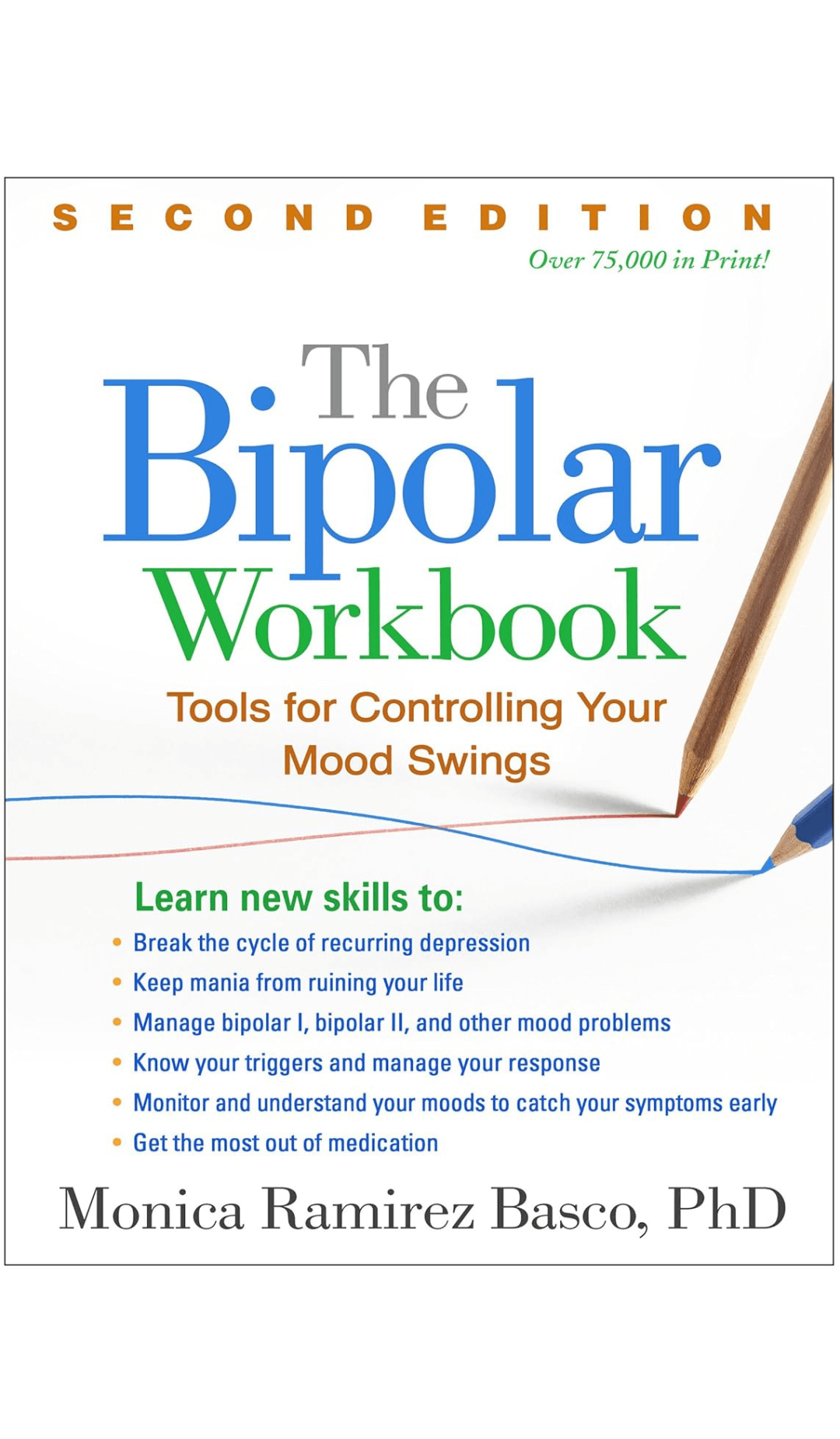7 Best Books on Bipolar Disorder

Living with bipolar disorder can feel like a rollercoaster ride filled with extreme highs and lows. But it’s important to know that you’re not alone on this journey. Whether you’re dealing with bipolar disorder yourself or supporting someone who is, understanding and empathy are key. One of the best ways to learn more about the condition is by reading books on bipolar.
Here are seven must-read books on bipolar that provide helpful insights, coping strategies, and hope for anyone facing this challenge.
For more guidance on bipolar disorder, check out our book and masterclass to reclaim control of your life. You can also check out our free resources.
Best Books on Bipolar Disorder
One of the most profound ways to gain insight and perspective on bipolar disorder is through literature.
Here are seven indispensable books that offer profound insights, effective coping strategies, and a beacon of hope for those grappling with bipolar disorder.
“An Unquiet Mind” by Kay Redfield Jamison.
“The Five Pillars of Bipolar Recovery”.
“The Bipolar Disorder Survival Guide” by David J. Miklowitz.
“Marbles” by Ellen Forney.
“Madness” by Marya Hornbacher.
“Bipolar Disorder For Dummies”.
“The Bipolar Workbook” by Monica Ramirez Basco.
Let’s break down each and see what insights they offer.
“An Unquiet Mind: A Memoir of Moods and Madness” by Kay Redfield Jamison:
This memoir by Kay Redfield Jamison, a clinical psychologist, shares her personal experiences living with bipolar disorder. Her honest storytelling sheds light on the complexities of the condition while offering valuable lessons for readers.
“The Five Pillars of Bipolar Recovery” by BP Harmony founder Imran Ghani!
This book shares a unique perspective on managing bipolar disorder without relying solely on medication. It explores five key areas—sleep, nutrition, movement, mindfulness, and community—that can support recovery and improve mental health.
“The Bipolar Disorder Survival Guide: What You and Your Family Need to Know” by David J. Miklowitz:
David J. Miklowitz provides practical advice for individuals and families dealing with bipolar disorder. This guide is packed with tips for managing symptoms and building resilience during tough times.
“Marbles: Mania, Depression, Michelangelo, and Me” by Ellen Forney:
Ellen Forney’s graphic memoir uses striking visuals to tell her story of living with bipolar disorder. Her creative approach gives readers a fresh perspective on the ups and downs of the condition while showing how art can be a source of healing.
“Madness: A Bipolar Life” by Marya Hornbacher:
Marya Hornbacher’s memoir offers an unfiltered look at life with bipolar disorder. Her raw honesty inspires readers to find strength and hope even in the most difficult moments.
“Bipolar Disorder For Dummies” by Candida Fink and Joe Kraynak:
This easy-to-read guide breaks down complex information about bipolar disorder into simple terms. It covers everything from diagnosis to treatment options and practical ways to cope with daily challenges.
“The Bipolar Workbook: Tools for Controlling Your Mood Swings” by Monica Ramirez Basco:
Monica Ramirez Basco’s workbook is full of exercises designed to help people manage mood swings and take control of their mental health. From mindfulness techniques to tracking emotions, this book empowers readers to make positive changes in their lives.
Conclusion:
Living with bipolar disorder isn’t easy, but knowledge and support can make a big difference. These books on bipolar offer guidance, inspiration, and tools to help navigate the challenges of the condition. By learning from others’ stories and applying their wisdom, we can create a future filled with understanding and hope for those dealing with mental health struggles.


